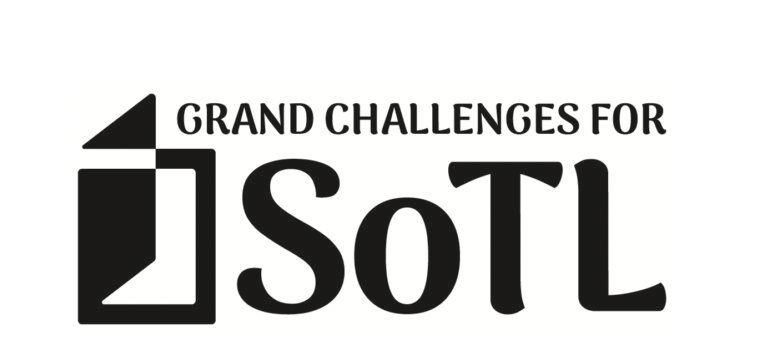Some words and terms are often incorrect or used incorrectly in informal mediums. Using these terms or using them incorrectly will make the writing sound unprofessional to the reader. Here are some common errors seen in English writing.
alot
There is no such word in the English language as alot. To fix this place a space between the article a and the modifier lot. Alternatively, use many, much, or describe the specific amount.
anyways
There is no s at the end of anyway.
could of
Additionally, would of and should of follow this rule. The correct form is could have. This mistake is often made as when speaking the contraction could’ve sounds very similar to could have.
criteria used as a singular word
This word is only correct when it is used as a plural. The singular version of this word is criterion.
didn’t do nothing
Double negatives are grammatically incorrect and are confusing for the reader. Only use one negative in each sentence, such as did nothing or didn’t do anything.
irregardless
This is not a real word. The correct word is regardless.
irrevelant
This is a common misspelling of irrelevant.
media used as a singular word
Media is only correct when used as a plural. When discussing one specific type of media, such as radio, the singular form is medium.
off of
The of in this phrase is repetitive. Use off on its own.
phenomena used as a singular word
Phenomena is plural. Use phenomenon for singular.
prejudice used as an adjective
This word is not an adjective. When wanting to use prejudice as an adjective, use prejudiced.
prejudism
This is not a real word. Use prejudiced.
real used as an adverb
When describing a verb use really or very.
reason is because
Either use because or reason is that.
suppose to
The correct form is supposed to.
themself
Also, theirself, ourselfs, and yourselfs. The plural of self is selves. Because them is a plural pronoun, the correct version is themselves. Additionally, theirselves is not a word.
unresponsible
This word does not exist. Use irresponsible.
youse
Youse is not a proper word. You is both singular and plural in English.
Adapted from: Norton, S. & Green, B. (1993). Chapter 29: Abusages. In The bare essentials (Form B, 3rd ed, pp. 265-277). Montreal, QU: Harcourt Brace Jovanovich.































